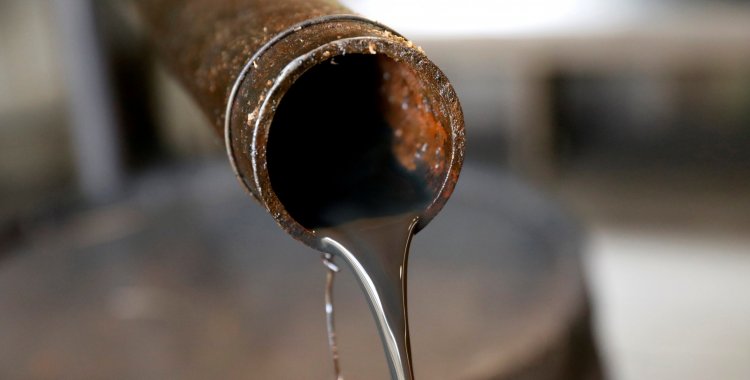"Low oil prices and the impact of the covid-19 pandemic have lowered tax revenue forecasts and for the first time the government expects the ratio of oil revenues to fall to less than half (48.2 per cent), compared to 60.7 per cent in 2019 and 64.7 per cent in the original budget," reads an analysis by the economic research department of Standard Bank.
According to the document, sent to customers and to which Lusa had access, "total expenditure is expected to increase 17.9 per cent over last year, but is still 8.6 per cent below the original budget, with expenditure on public wages representing 29.5 per cent of the total".
In a commentary on the proposal, made in Luanda last week, Standard Bank said that "the government expects the economy to contract for the fifth consecutive year, assuming a fall of 3.6 percent in GDP compared to a previously forecast expansion of 1.8 percent.
In the graphs accompanying the note, Standard Bank reveals that it expects 2021 to be a new year of negative growth, with a recession of 1.1 per cent.
"The adjustment in nominal GDP estimates has consequently resulted in a deterioration in the public debt to GDP ratio, which is expected to increase to 123 per cent this year, from 113 per cent in 2019 and 91 per cent in 2018," adds the document, which warns of pressure in this area.
"The revised budget puts the external debt service at US$4.5 billion, when it was initially US$7 billion, which seems to incorporate, at least partially, the result of joining the Debt Service Suspension Initiative (DSSI) and the negotiations on this issue with China," reads the note signed by economist Fáusio Mussa.
Even so, the ratio of debt service to revenue is expected to increase from 112.4 per cent in the initial budget to 128.8 per cent in the revision presented last week.
The deterioration of the economic scenario also implies a budgetary imbalance, with the Angolan government now expecting a deficit of 4 percent, which compares with the forecast surplus of 1.2 percent of GDP.
The balance of payments is also expected to swing into negative territory, falling from 6.1 percent in 2019 to -4.2 percent this year.
"The expectation of twin deficits is largely attributable to the gloomy outlook expected in the oil sector, with the budget assuming a price of $33 per barrel, which compares with the $55 previously forecast," the document adds.
The revised 2020 SGB proposal, presented by the economic team headed by the Minister of State for Economic Coordination, Manuel Nunes Júnior, is the result of a set of economic measures presented in April by the government to tackle the current economic and financial crisis aggravated by the pandemic caused by the new coronavirus.
"Taking into account that one of the effects of this crisis was the drastic reduction that took place in the international oil market, the price has dropped considerably and therefore the country's revenues have also dropped significantly", said the minister last week.







